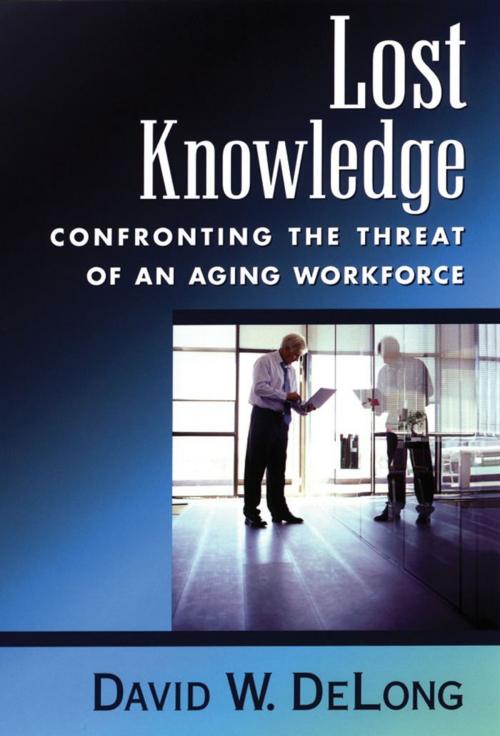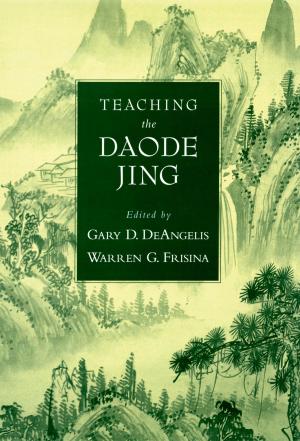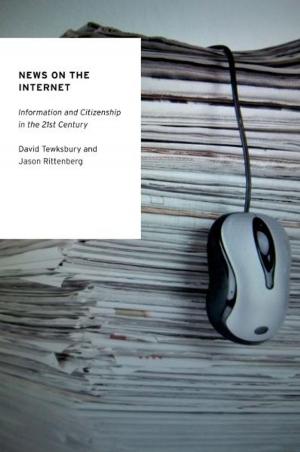Lost Knowledge
Confronting the Threat of an Aging Workforce
Business & Finance, Management & Leadership, Management, Human Resources & Personnel Management| Author: | David W. DeLong | ISBN: | 9780199883646 |
| Publisher: | Oxford University Press | Publication: | September 9, 2004 |
| Imprint: | Oxford University Press | Language: | English |
| Author: | David W. DeLong |
| ISBN: | 9780199883646 |
| Publisher: | Oxford University Press |
| Publication: | September 9, 2004 |
| Imprint: | Oxford University Press |
| Language: | English |
Executives today recognize that their firms face a wave of retirements over the next decade as the baby boomers hit retirement age. At the other end of the talent pipeline, the younger workforce is developing a different set of values and expectations, which creates new recruiting and employee retention issues. The evolution from an older, traditional, highly-experienced workforce to a younger, more mobile, employee base poses significant challenges, particularly when considered in the context of the long-term orientation towards downsizing and cost cutting. This is a solution-oriented book to address one of the most pressing management problems of the coming years: How do organizations transfer the critical expertise and experience of their employees before that knowledge walks out the door? It begins by outlining the broad issues and providing tools for developing a knowledge-retention strategy and function. It then goes on to outline best practices for retaining knowledge, including knowledge transfer practices, using technology to enable knowledge retention, retaining older workers and retirees, and outsourcing lost capabilities.
Executives today recognize that their firms face a wave of retirements over the next decade as the baby boomers hit retirement age. At the other end of the talent pipeline, the younger workforce is developing a different set of values and expectations, which creates new recruiting and employee retention issues. The evolution from an older, traditional, highly-experienced workforce to a younger, more mobile, employee base poses significant challenges, particularly when considered in the context of the long-term orientation towards downsizing and cost cutting. This is a solution-oriented book to address one of the most pressing management problems of the coming years: How do organizations transfer the critical expertise and experience of their employees before that knowledge walks out the door? It begins by outlining the broad issues and providing tools for developing a knowledge-retention strategy and function. It then goes on to outline best practices for retaining knowledge, including knowledge transfer practices, using technology to enable knowledge retention, retaining older workers and retirees, and outsourcing lost capabilities.















